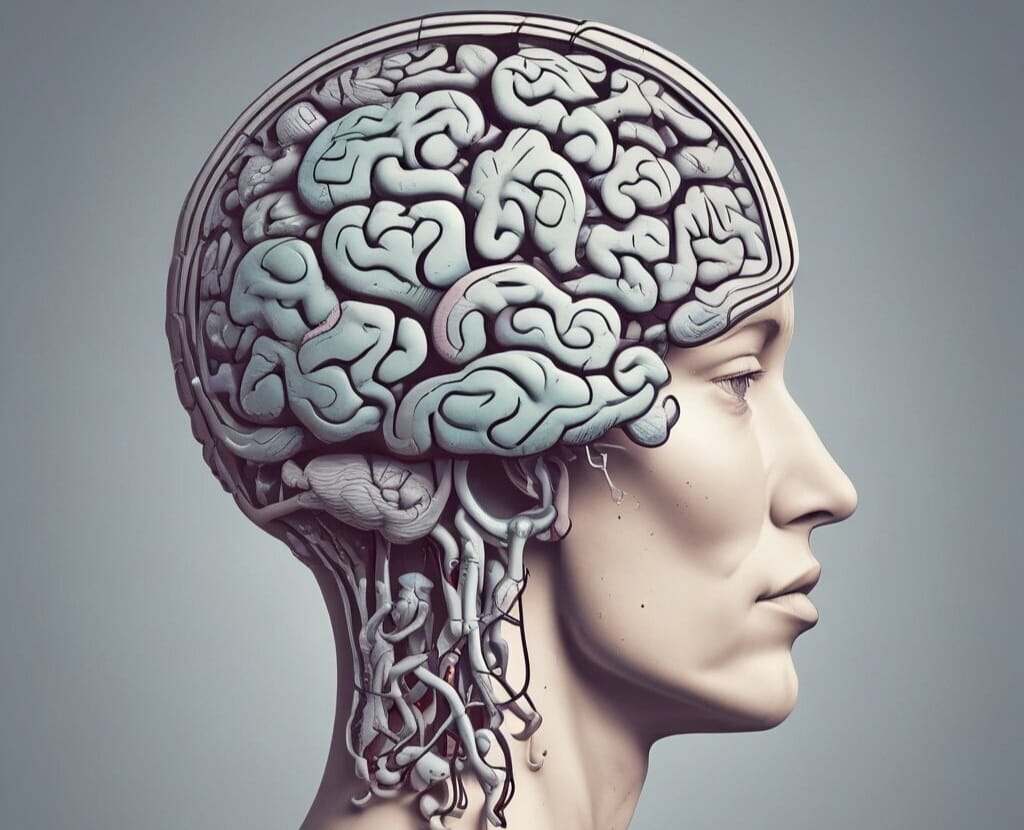The Nature of Madness and Societal Pressure
In my opinion, no one is actually mad most are just pretending. Some are just lazy, while others are simply tired of being told what to do. Madness does not really exist it is just a means for a way out for most individuals. The pressure from the normal world is exuberating and most of these folks are the only one’s brave enough to question why. To me, most of us actually don't exactly know what we are doing. All we do is live through the guidelines that exist around our environment. Being alive to most people is a reactive process, not proactive. To them, it is not in their place to question why. These set of rules and guidelines that are in place are just the views of a few individuals, but because they once asserted dominance in one way or another, it makes it impossible for most not to follow. People who society terms as mad are but individuals who are living in their own reality, which only they know and understand, and is quite different from the rest of the world. Who actually is to say that the entire world is not mad?
Mental health, often stigmatized and misunderstood is a topic that demands our attention today more than ever. The pressures and demands of modern life can lead to various mental health issues, but labeling people as "mad" oversimplifies a complex situation. The question of whether madness truly exists or is merely a means for individuals to escape societal expectations is a profound one. In many cases, what is termed as madness could be a response to the overwhelming demands and pressures of conforming to societal norms. The individuals who dare to question these norms, who resist the pressure to fit into predefined roles, are often those who are labeled as mad. They challenge the status quo and in doing so, reveal the cracks in our societal structures.
Most people navigate life reactively, adhering to established guidelines without questioning their validity or purpose. This reactive approach is driven by a desire for safety and acceptance within society. The rules we follow were often established by a minority who once held power and influence, creating a framework that everyone else feels compelled to follow. In this context, those who are labeled as mad might actually be the ones engaging in a proactive exploration of life's possibilities. These individuals live in a reality that diverges from the majority's perception. Their behaviors and beliefs, while different, might not be inherently flawed but rather represent an alternative way of understanding and interacting with the world. This divergence is often seen as a threat to the established order, leading to stigmatization and isolation of those who do not conform.
Challenging the Stigma of Madness
To challenge the stigma of madness, we must first recognize the arbitrary nature of what is considered normal. Normalcy is a construct that varies across cultures and time periods. What is deemed sane today might have been considered mad in the past and vice versa. This fluidity suggests that our understanding of mental health is not absolute but rather a reflection of current societal values and norms. Moreover, individuals labeled as mad often possess unique perspectives and insights that can contribute to a more comprehensive understanding of the human experience. Their reality, though different, offers valuable lessons about the diversity of human thought and behavior. By embracing this diversity, we can foster a more inclusive and empathetic society.
Mental health should undoubtedly be an issue of concern today. It affects individuals across all walks of life and has far-reaching implications for our collective well-being. Rather than dismissing mental health issues as mere pretenses or signs of laziness, we should strive to understand the underlying causes and provide support for those affected. Creating a supportive environment involves challenging existing stigmas and promoting open discussions about mental health. It requires acknowledging that mental health struggles are not signs of weakness but rather indications of the complex interplay between individual experiences and societal pressures.
In conclusion, the concept of madness is not as clear-cut as it might seem. It is intertwined with societal norms, pressures and the reactive nature of most people's lives. Mental health should be a significant issue today, not because individuals are pretending or lazy, but because it reflects the broader challenges of living in a demanding and often unforgiving world. By questioning the status quo and embracing diverse perspectives, we can move towards a society that values mental health and understands the complexities of the human mind. In doing so, we create a world where individuals are not judged for their differences but supported in their journey towards well-being and self-discovery.
